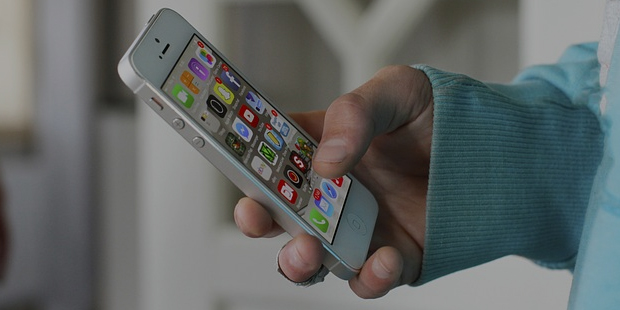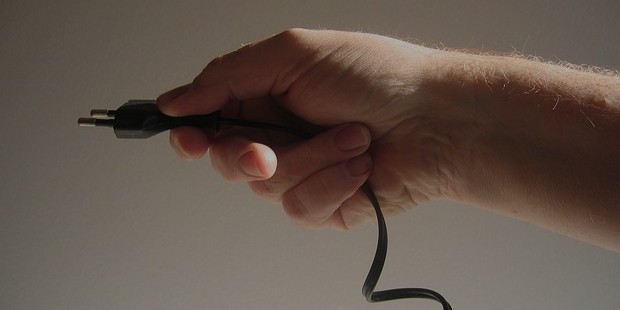What Your Smart Phone May Not be Telling You

Let’s face it living in a highly technical world where we have everything at our fingertips is pretty amazing. We all love having the latest gadgets. We can find people, places and things instantly. We can get news, weather and gossip at the tap of a finger. And we can talk to people anywhere, anytime and even see them now.
With all the perks and gains of technology, what are we missing out on? How does being plugged in constantly affect our health and emotional well-being? Is the pressure of responding to that text, FB post, or email creating more pressure in our lives than we realize? Also are our personal relationships being effected?
It’s a valid question and also the one that’s being written and studied all over the globe. Your smart phone, as wonderful as it is, and as much time as you think it’s saving you, can actually be adding tons of stress to your life than you think. It’s also killing the ability for people to connect face to face.
How do we begin? First, by noticing. Here are a few suggestions:
1. Notice the Stress

Most of us operate at a low- grade awareness of how we carry stress in our bodies, especially while being plugged in. If you work on a computer all day, constantly texting or emailing, chances are your body is suffering. You may notice tense tight muscles, fatigue or a sense of low- grade anxiety about keeping up with it all. Try doing a body scan a couple times a day. Back away from your desk and close your eyes.
Start with your head and shoulders and notice any tension. Do you have a stiff neck, headache or clenching jaw? Then move down your shoulders and arms. Survey your midsection and then move down your legs, noticing any tension or stress. If you’re stressed try deep relaxation breathing and progressive muscle relaxation.
2. Pay Attention to Time

Motivational Quotes About Time
Most of us get carried away on our electronic devices, and boy does time fly! Before we know it half the day has gone by. Noticing and being wise with our time is important and it won’t just happen by the wave of a magic wand; we have to be intentional. That may look like setting a timer to indicate we’ve been plugged in long enough, drawing boundaries with our electronics to protect our face-to-face time with others.
3. Learn to Unplug

There’s no magic formula to unplugging; just do it. The people you love want your full time and attention. Nothing gives them the message that they aren’t important like you’re being on the phone or computer all the time. So notice what others are saying about how much time you’re spending on your devices.
4. Look at the Evidence

You don’t have to Google very far to read countless studies done on the effects of being plugged in all the time and how it affects our health. Techno stress is real and the sad thing is we bring a lot of it on ourselves. Survey your life and your use of technology. If it’s taking up too much space and you’re seeing that you’re not connecting in real time with the people you love, its time for a change.
Traditionally, people went out to spend time together and talk. As a new generation redefines what “talking” means, let’s hope we can teach them the importance of what genuine intimacy looks like and not forfeit the beauty of what true communication is and how it enriches our lives.
5. Back at you

How has technology changed the way you connect with others? Do you notice you spend too much time on your smart phone? If so, what changes have you made to unplug?
Don’t believe me? Just take a look around the next time you’re in Starbucks, a restaurant, or the airport. Everyone has his or her noses in some type of electronic device. It’s addicting, and once you start it’s really hard to stop.
And while we probably won’t see things change anytime soon. What we do need to be aware of is what we might be loosing by being so plugged in. Only then we can actually take the necessary steps to make sure we’re connecting with those who are important to us in real time.









